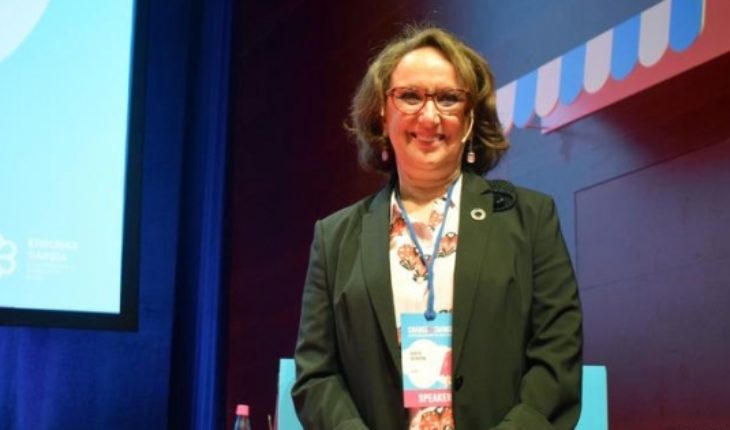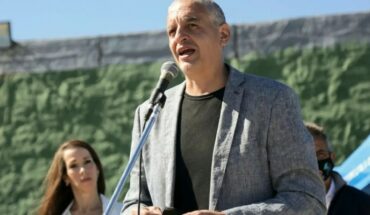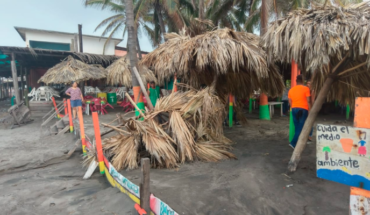One of the most sought after and chosen. The General Ibero-American Secretariat (Segib), Rebeca Grynspan, was one of the star speakers of the first International Conference on climate change ended Friday in the Spanish city of San Sebastian.
On the occasion of the international women’s day, all the speakers were women and although Grynspan intervened yesterday, he recalled forming part of the movement “No panel without women”, an initiative that aims to ensure the female role as experts in conferences and in which his organization refuses to participate if this principle is not respected.
The Segib is involved in various actions focusing on the economic empowerment of women and this is working together with UN women. “There are many standards in Latin America and the Caribbean, also in Spain and Portugal, which prevent that women have the same opportunities as men,” he explained.
Grynspan, who is also President of the Board of Directors of the International Institute environment, in San Sebastian recalled that climate change is affecting the economy, society and politics of the region: “our adaptation is bad, our” urban planning is poor. The poorest sectors of society are extremely affected by natural disasters, which in reality are not natural, are social. “Natural disasters, what they do is submit the map of inequality in the region”.
Latin America: Inequality versus sustainability expert stressed strong “commitment of the region with the objectives of sustainable development” energy matrix which currently comprises 53% of its energy from renewable sources. “In Costa Rica, in the past three years 98% of power is occurring with renewable sources. As well, despite being in developing countries, we have many things to teach developed countries in terms of moving towards sustainability and good practices that we have in the region, “she said.
The world of Costa Rica was proud of the new plan of decarbonisation of the Central American country which will allow you to be carbon neutral by 2050. However, recognized that “one of the problems leading to reach that goal is transport: many emissions come by inefficiency, poor infrastructure, lack of public transport and use transport with much less emissions as cars” Electric”.
On the other hand, he stressed the potential of Latin America in the field of biodiversity and recalled the launching of an observatory which present the results of existing research on climate change in the countries of Latin America and to gather experiences that are taking place in the region.
Grynspan advanced some data as a high vulnerability to the increase of expected temperature of 6.7% in 2100, and the effects of drought and desertification. “Between 80 and 180 million people, 25% of the population, could be affected to 2050”, said Recalling the coastal nature of the region and the impact that can produce the increase of the sea level. “Half of the Ibero-American capitals are less than 100 km from the sea,” he recalled.
In search of citizen involvement for the Costa Rican the importance of the report lies in the same track, “that people will see how it is affecting every day” and advocated to create spaces for participation and debate citizen. “We must convene to society to look for answers together,” he said calling the academic world to join this call.
While “the region is committed to this agenda, is facing great challenges imposed by climate change and, although it has made progress in that direction, if it does not accelerate the passage, if it does not improve its coherence of policies and the design of policies, will undergo major consequential sequences”, warned.
For this reason, Segib has launched citizen innovation laboratories in the region with the aim of mapping all citizen initiatives that exist on their own. “We are convinced that there are many ideas that citizens who do not reach the public sector have to solve climate problems and environment of the communities,” he said announcing the Organization of one of them next month October in Costa Rica.





